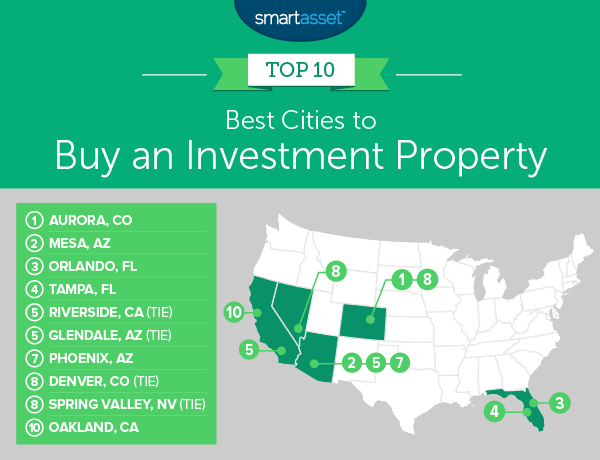Understanding Commercial Property Management: A Smart Investor’s Advantage
Managing a commercial property is not just about collecting rent or maintaining facilities. It’s a complex discipline that requires financial insight, tenant relations, legal knowledge, and strategic planning. That’s where commercial property management services step in. These professionals act on behalf of property owners to maximize income, maintain asset value, and ensure compliance with all regulations. If you’re an investor, business owner, or developer looking to protect your real estate portfolio and increase profitability, learning how these services work is essential. This guide is crafted for anyone interested in navigating the commercial real estate world with clarity, confidence, and results.
What Does a Commercial Property Manager Actually Do?
The responsibilities of a commercial property manager go far beyond day-to-day maintenance. They oversee lease agreements, handle rent collection, coordinate property repairs, enforce legal compliance, and manage tenant relationships. A good manager also develops budgets, monitors expenses, and recommends improvements that enhance long-term value. For building owners juggling multiple locations or large tenant rosters, a dedicated property manager becomes a strategic partner who ensures nothing falls through the cracks.
Why Smart Investors Don’t Skip Management Services
Time is money, especially when dealing with commercial assets like office buildings, retail centers, or industrial warehouses. Hiring a professional property manager gives investors the ability to focus on growth and acquisition instead of daily logistics. From filling vacancies faster to managing capital improvements, these services help reduce turnover, increase net operating income, and minimize legal risks. Investors who value scalable, efficient operations quickly realize that property management is an investment, not a cost.
Tenant Retention Begins with Professional Management
High turnover rates can be devastating to commercial properties. Tenants expect a responsive and proactive management experience, especially when it comes to maintenance, safety, and clear communication. Property managers are trained to foster positive relationships, resolve issues promptly, and create a seamless environment for long-term leasing. Satisfied tenants are more likely to renew leases, recommend the property to others, and treat the space with respect — all of which contribute to higher profitability and stability.
Legal and Financial Expertise Comes Built In
The commercial real estate space is governed by local, state, and federal regulations that change frequently. A commercial property management firm stays on top of lease law, zoning codes, insurance requirements, and tax documentation so owners don’t have to. They also manage financial reporting, including rent roll analysis, expense tracking, and capital budgeting. By bringing legal and financial expertise under one umbrella, these services protect property owners from costly mistakes and ensure full compliance.
Technology Is Shaping the Future of Property Management
Modern commercial property management firms are powered by advanced software and data analytics. With digital platforms, owners can view real-time updates on tenant payments, maintenance requests, lease expirations, and portfolio performance. Tenants benefit from online portals for support and communication. Technology reduces response times, improves accuracy, and adds transparency for all stakeholders. In today’s fast-paced real estate environment, tech-enabled management services are becoming the new standard for success.
FAQs About Commercial Property Management
What types of properties do commercial managers handle?
They manage office buildings, retail spaces, industrial properties, and mixed-use developments.
Is property management worth the cost for small portfolios?
Yes. Even small property owners benefit from streamlined operations, fewer vacancies, and legal protection.
Do managers help with lease negotiations?
Absolutely. They assist with setting fair market rents, structuring lease terms, and ensuring compliance.
Can I use property management services remotely?
Yes. Many firms offer cloud-based dashboards and remote reporting for hands-off ownership.
What qualifications should I look for in a property manager?
Look for licensing, experience in your property type, strong references, and up-to-date knowledge of local laws.




